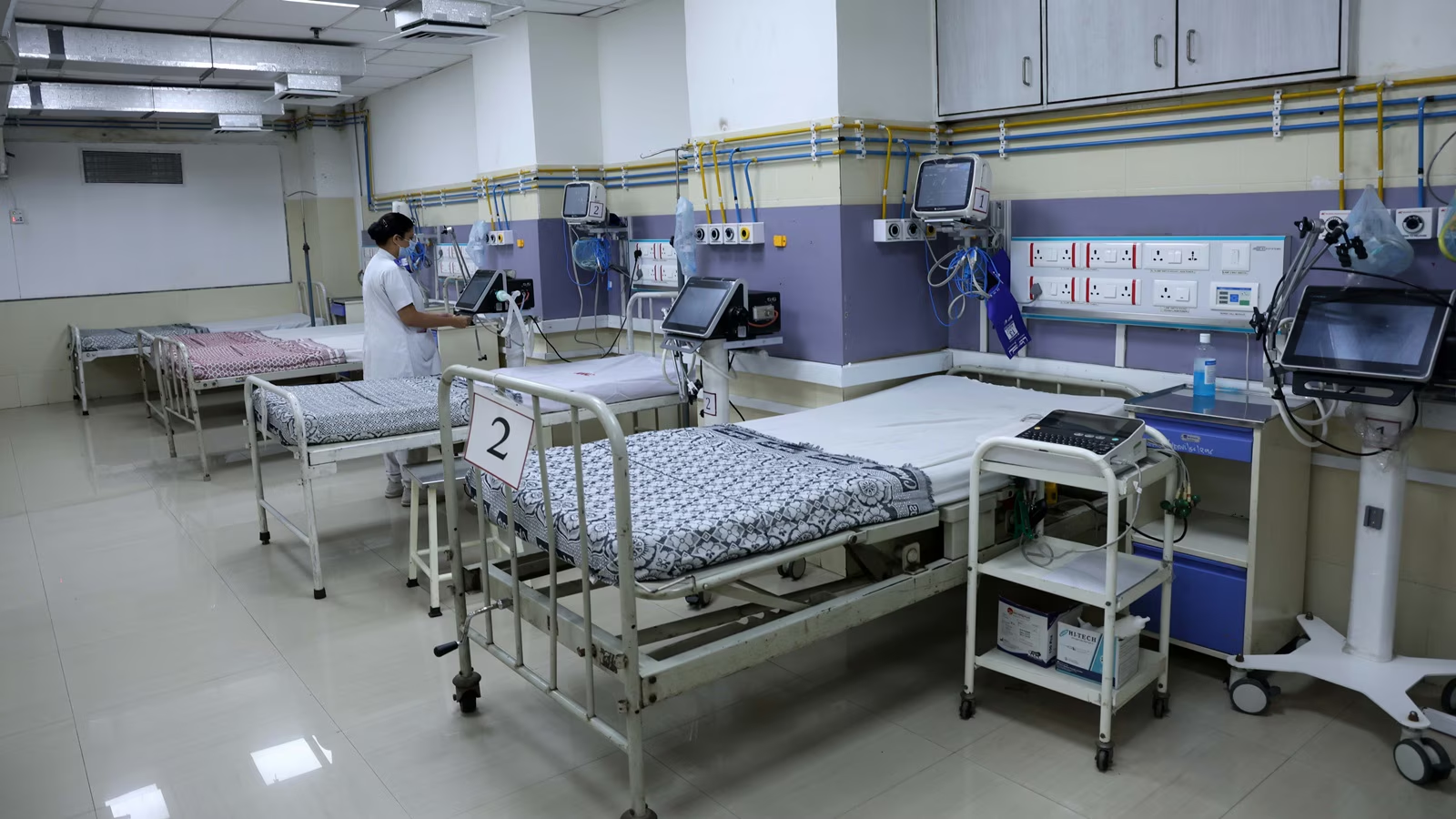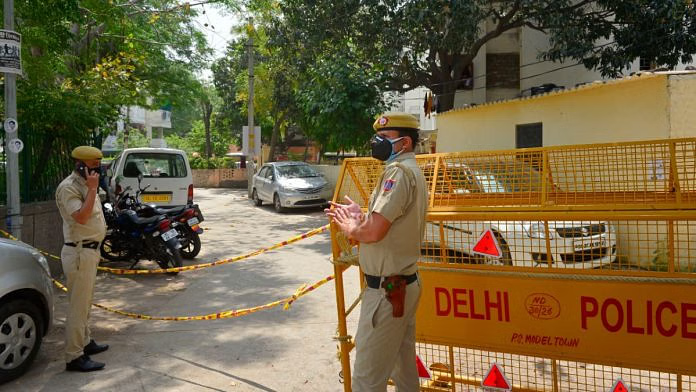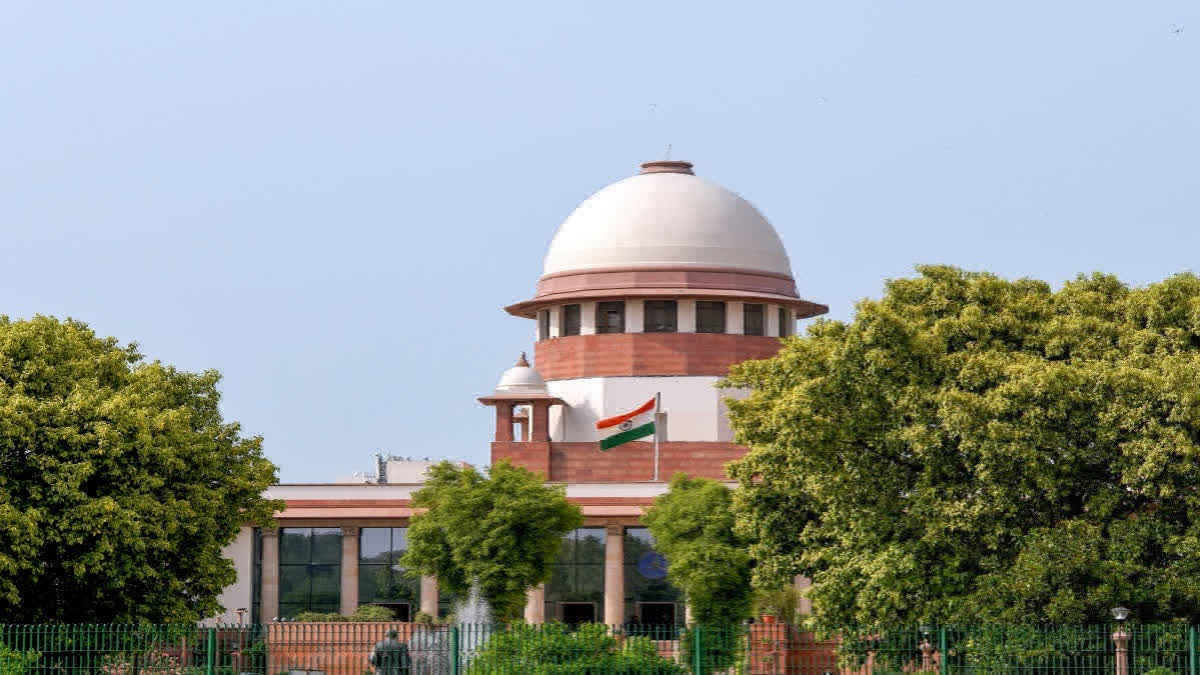Now Reading: Trainee Doctor Arrested for Alleged Rape of Moroccan Patient in Goa ICU
-
01
Trainee Doctor Arrested for Alleged Rape of Moroccan Patient in Goa ICU
Trainee Doctor Arrested for Alleged Rape of Moroccan Patient in Goa ICU

A 24-year-old Moroccan woman receiving treatment in a private hospital’s ICU in Old Goa has accused a trainee doctor of sexual assault. The patient had been admitted for a neurological disorder when the incident allegedly took place. The doctor, identified as Vrushab Doshi from Solapur, was arrested after authorities traced him to Maharashtra. The hospital has suspended him and claimed it is supporting the survivor through the process.
Allegations & Legal Action
According to the complaint, the woman was immobile and vulnerable when the accused allegedly lifted her gown, groped her breast, and touched private parts under the pretext of a neurological test. The assault is said to have occurred at around 10 pm on August 31. The FIR was filed on September 10 under multiple sections of the criminal code related to rape, molestation, disrobing, and outraging modesty.
Investigation & Arrest
After the complaint was registered, a team was formed to track the accused. He had reportedly left Goa following the incident. Police arrested him from Solapur-Sangli area in Maharashtra days later. He is now in custody and will face further legal proceedings based on the FIR and medical examinations.
Hospital Response & Survivor Support
The hospital where the incident occurred has issued a statement saying the accused has been suspended from active duty pending inquiry. The institution says it is providing moral and logistical support to the survivor, who is still receiving treatment. It has also said it will cooperate fully with the investigation.
Implications for Patient Safety & Medical Ethics
For patients, especially in small towns and Tier 2 cities, the case raises concerns about trust in medical institutions. Vulnerable patients depend on doctors not just for treatment, but also for safety and dignity. Incidents like this can undermine confidence. There is a growing demand for stricter oversight, better patient rights protections, and more transparency in medical ethics training.
This case in Goa highlights serious concerns about patient safety, abuse of power, and medical ethics. As the legal process unfolds, the focus should also be on preventing such incidents in the future, ensuring accountability, and protecting vulnerable patients everywhere—including in smaller cities where access to justice and advocacy can be harder.

























